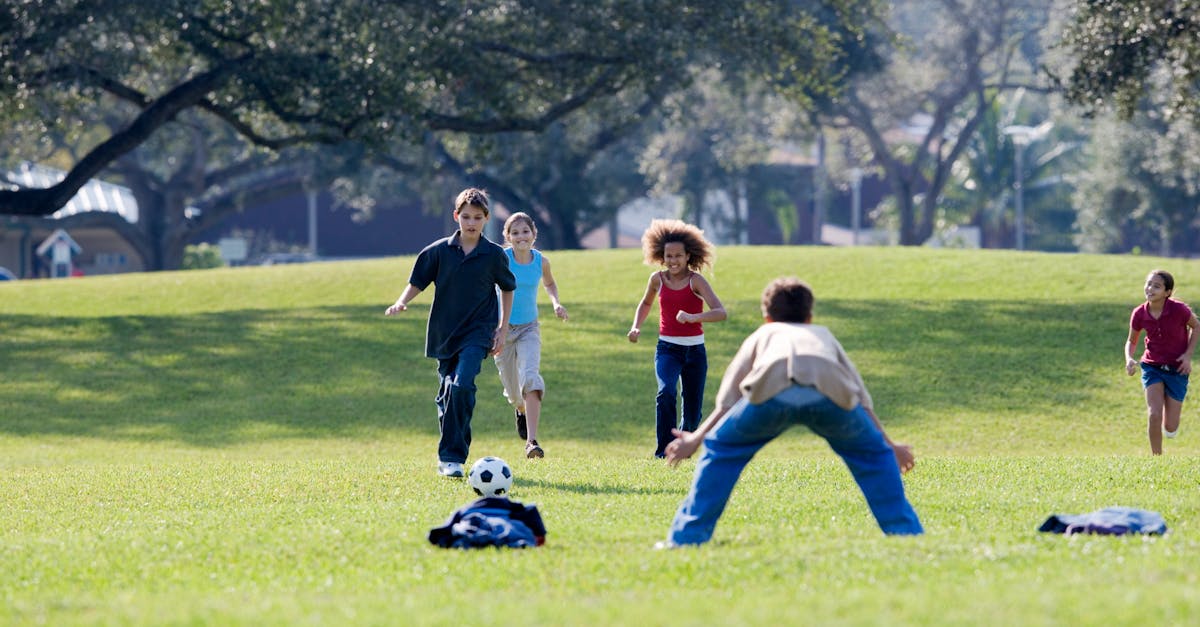Embrace the Outdoors: A Playground of Opportunities
Getting outside isn’t just about fresh air—it’s about fun adventures! Head to the park, explore trails, or even play in your backyard. Outdoor playtime increases motor skills and provides vitamin D. Nature also offers endless opportunities for imaginative play. Plus, running around on grass is more forgiving on little legs than hard surfaces.
A change of scenery makes exercise feel less like a chore and more like play. Just make sure they stay hydrated and slather on the sunscreen!

Summary: Embracing outdoor activities provides numerous benefits for children, both physically and mentally. So, grab some sunblock and enjoy the great outdoors!
Incorporate Physical Activity in Daily Routine
Why not blend physical activity with everyday tasks? Get creative! Have your toddler help with chores by turning them into fun games. Think: ‘race to the laundry basket’ or ‘how quick can you pick up toys?’ Simple routines, like walking to the local store, also count. Making physical activity a part of daily life develops healthy habits for the future. And let’s not forget dance parties while tidying up—double the fun and fitness!

By incorporating physical activity into daily routines, you not only stay active but also instill healthy habits early on. So, get moving and have fun!
Interactive Play: Making Exercise Fun
Who says exercise can’t be a blast? Use toys that double as exercise aids—bouncy balls, mini trampolines, or even a hula hoop can do wonders. Games like ‘Simon says’ or ‘Follow the leader’ sneak in physical activity while keeping giggles high and spirits higher. Interactive play encourages creativity and helps toddlers burn off that endless energy. With a bit of imagination, exercise time becomes the best part of their day.

Lead by Example: Be an Active Role Model
Kids learn by watching their parents, so show them what an active lifestyle looks like. Go for morning jogs with them in a stroller or involve them in gentle yoga sessions. Even simple activities like stretching together can create a bonding experience. When they see you having fun being active, they’re more likely to join in. Plus, it’s an excellent way to spend quality family time.

Celebrate Small Wins and Milestones
Positive reinforcement works wonders. Celebrate their small achievements—be it a hop, skip, or jump. Reward stickers, high-fives, or even a fun storytime can keep motivation high. This builds their confidence and associates positive feelings with physical activity. These small celebrations pave the way for bigger milestones and make them eager to try new things. Remember, in the world of toddlers, every step forward is a huge leap!

Addressing Emotional Hurdles
It’s normal for kids to feel frustrated when they can’t do something right away. Acknowledge their feelings and encourage them gently. Share your own stories about overcoming challenges. Sometimes, taking a break and returning when they’re ready can do trick. Knowing that it’s okay to struggle helps them develop resilience. Encourage open conversations about their feelings toward physical activities to foster a positive attitude.

Addressing emotional hurdles in children is crucial for their overall development and well-being. By supporting them through challenges and teaching them resilience, you are helping them build important life skills that will benefit them as they grow.
